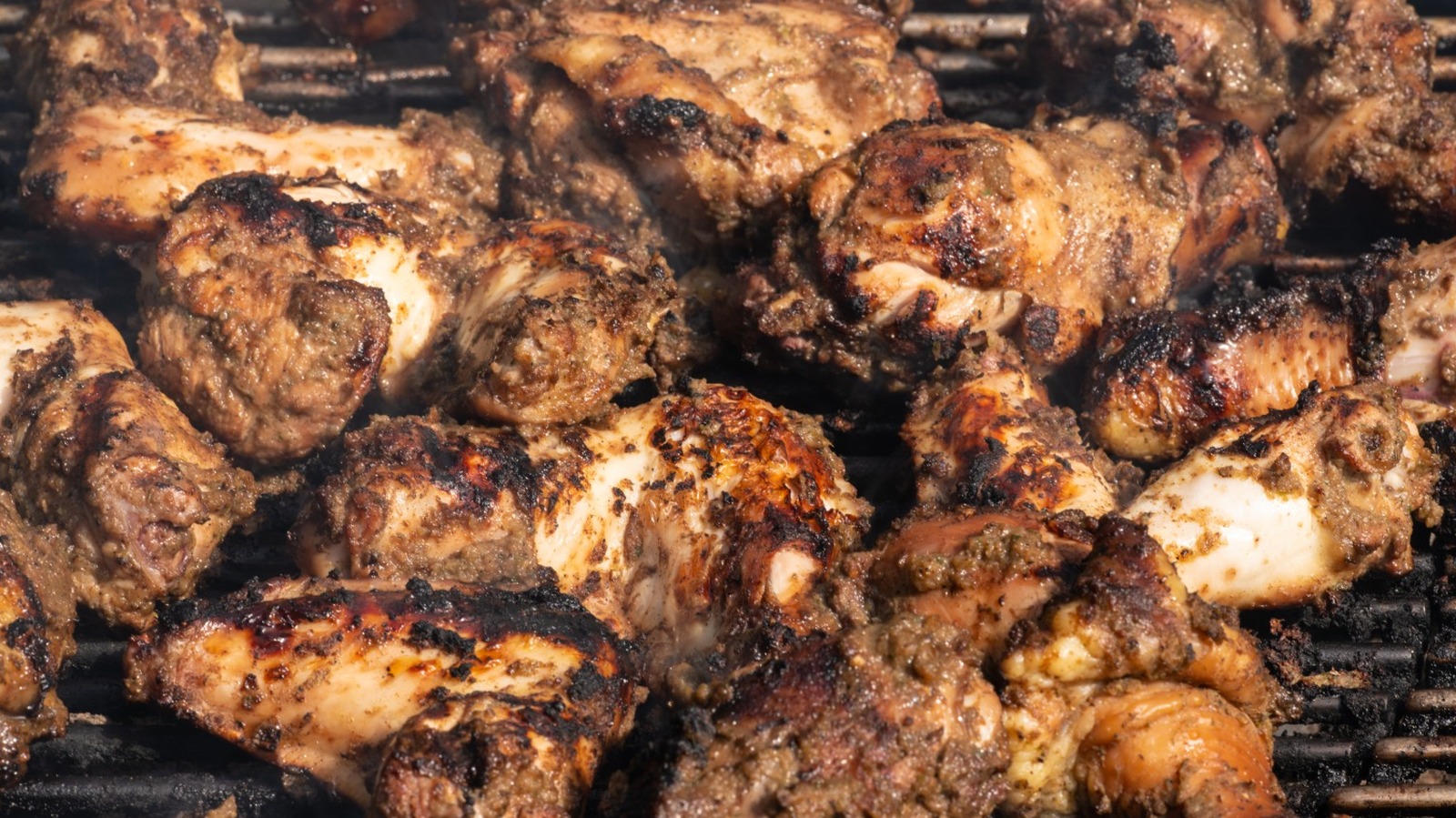
"Jerk seasoning carries generations of cultural significance, embodying the history, legacy, and enduring spirit of people who experienced colonialism in Jamaica."
"The Taínos taught the Maroons how to jerk meat, a method that allowed spices and smoke to penetrate, tenderizing tough cuts and providing rich flavor."
"Cooking jerk dishes underground on hot embers, the Maroons preserved their food and avoided detection, making jerk a vital method of sustenance in their struggle for freedom."
"Jerk is not merely a spicy rub but a historical technique that reflects resilience and the culinary heritage of Jamaica's indigenous and Maroon populations."
Jerk seasoning has a profound cultural significance in Jamaican history, embodying a legacy of resilience amidst colonialism. Originally taught by the indigenous Taíno to the Maroons, jerk cooking involved piercing meat to allow spices to penetrate, thereby creating rich flavors. Wrapped in pepper elder leaves and cooked underground, this method ensured the Maroons could prepare food discreetly during their fight for freedom. As a culinary practice, jerk is intertwined with themes of survival, community, and heritage, transcending its identity as simply a flavorful seasoning.
Read at Tasting Table
Unable to calculate read time
Collection
[
|
...
]